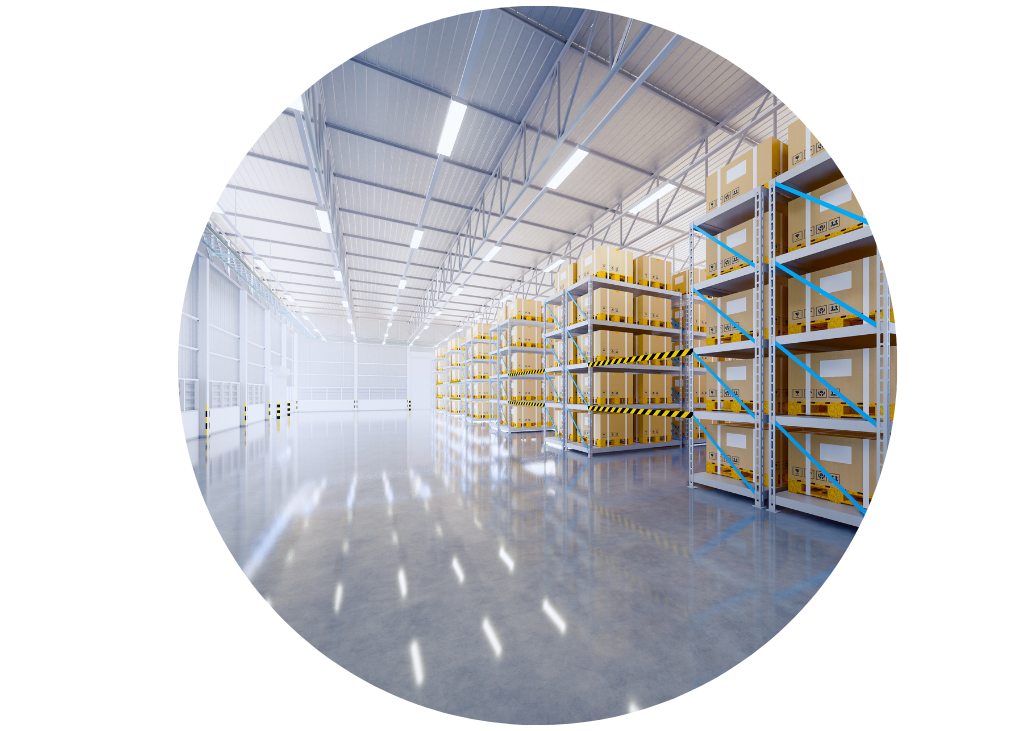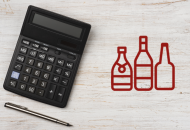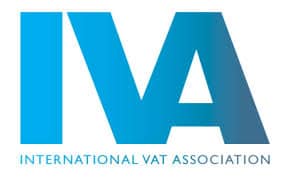Customs value audit
Customs value audit, the flagship turnaround of the customs administration
Customs value is one of the three essential concepts, along with tariff classification and Origin, to determine the customs treatment to be reserved for a good. This is a fundamental step in your international trade operation. It is the subject of numerous adjustments due to the non-inclusion of mold or royalties costs; while in some cases, it is the transfer price itself which is called into question when considered as "too low"
What Eurotax offers:
Do you want to study and estimate, if applicable, your potential risk areas? Regularize your situation by setting up a request for a provisional value authorization? Or even test your procedures to determine customs declared values?
Eurotax performs customs value audits according to your specificities (flows, ERP, intragroup relations), the tightness of which has been tested at several regional customs offices.
What are the principles of customs valuation?
The customs value is determined by applying one of the valuation methods defined in Articles 70 to 74 of the Union Customs Code (UCC).
As a principle, it corresponds to the transactional value in the sense of article 70 of the UCC, i.e. the price actually paid or payable, for the goods when they are sold for export to the Customs Union, increased or reduced by elements listed in Articles 71 and 72 of the UCC. Failing that, if the transaction value cannot be retained, the substitution methods must be applied in chronological order.
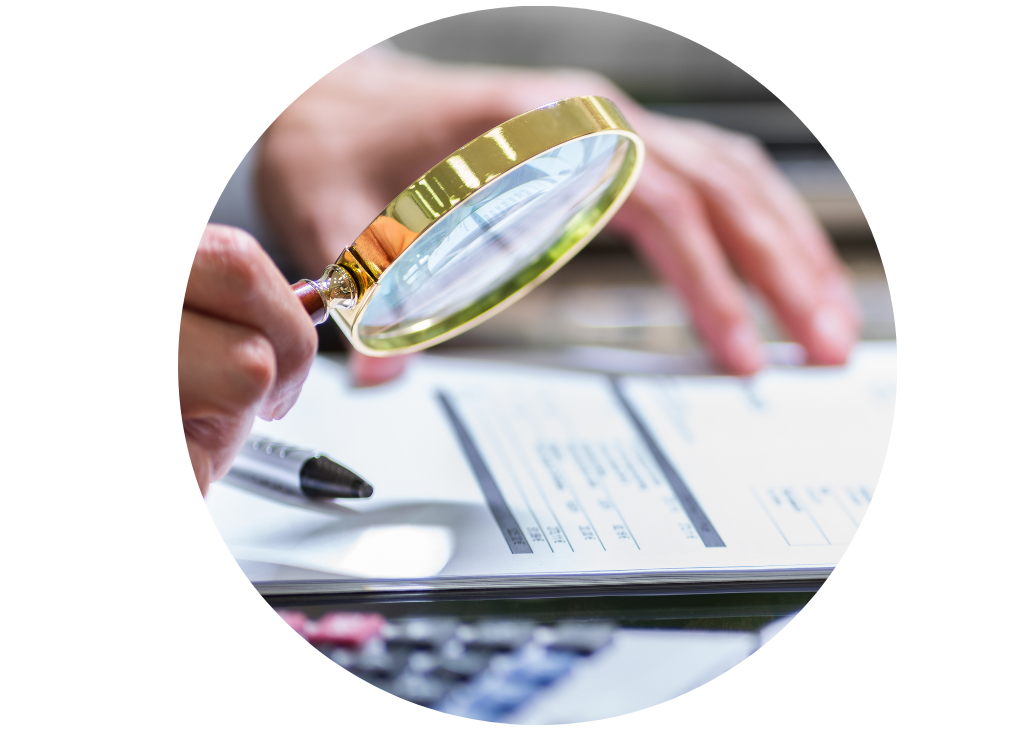
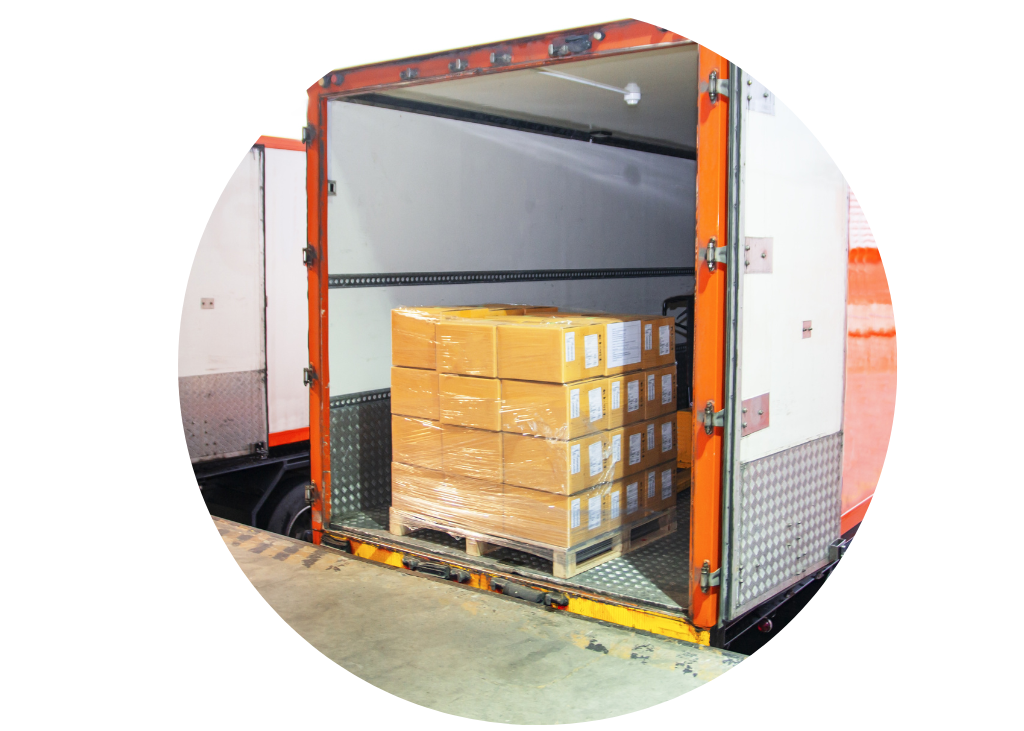
Identical goods method, then similar goods, then deductive or calculated method and finally the so-called last resort method.
In practice, as soon as a company imports goods purchased from a company of the same group in a third country, in the event of payment of royalties or of the use of molds and tools relating to the imported goods, it is appropriate to conduct an audit of the customs value. Relative offenses are indeed heavily sanctioned financially but also criminally.
How is the customs value calculated?
Basic element in the calculation of duties and taxes, the customs import value is one of the most corrected items during customs controls. Indeed, when the goods are imported and it is the transaction value that is retained, they are in practice accompanied by an invoice which includes the price invoiced by the third-party supplier only, while all the taxable elements (such as the cost of packaging, transport, insurance or even sales commissions, royalties, etc.) are invoiced elsewhere.
In addition, it happens that the transaction value is rejected or not applicable (if the import has not been the subject of a sale for example but of a simple transfer of stock), the customs value is then determined, by applying secondary methods defined in article 74 of the UCC:
